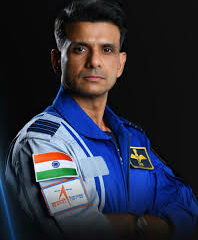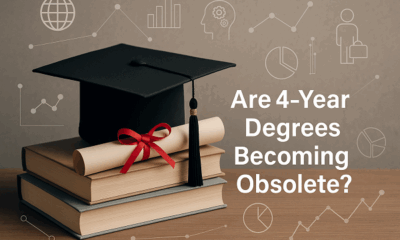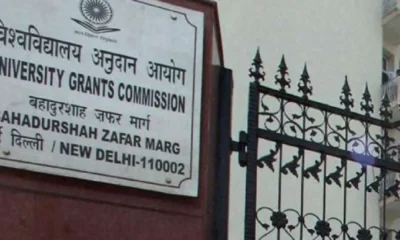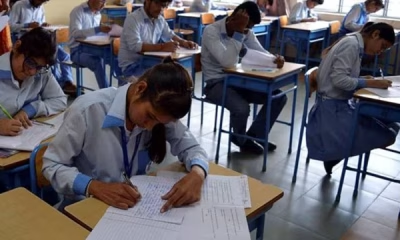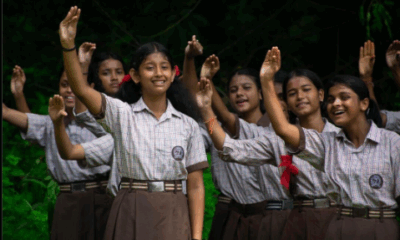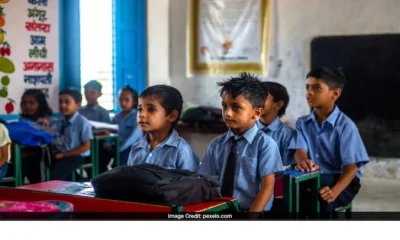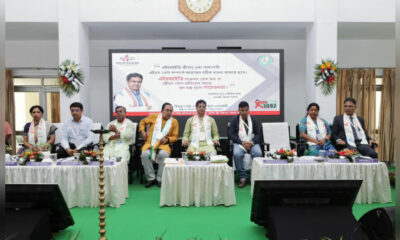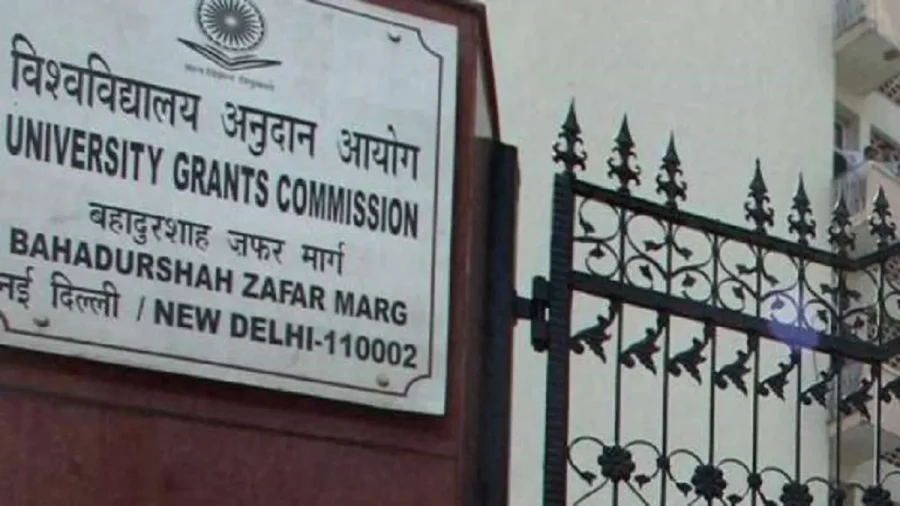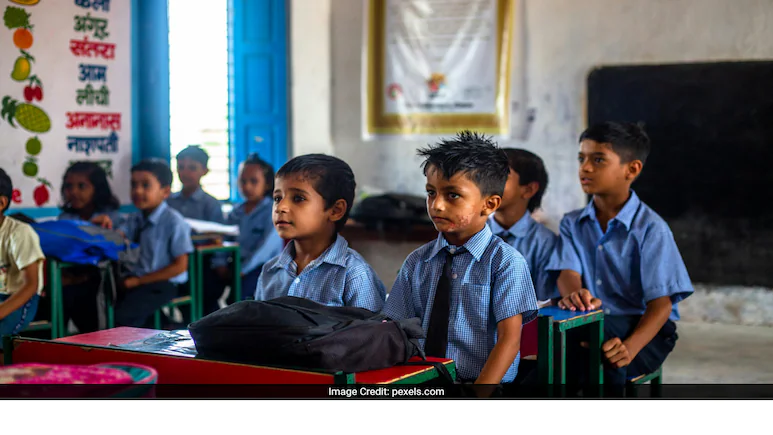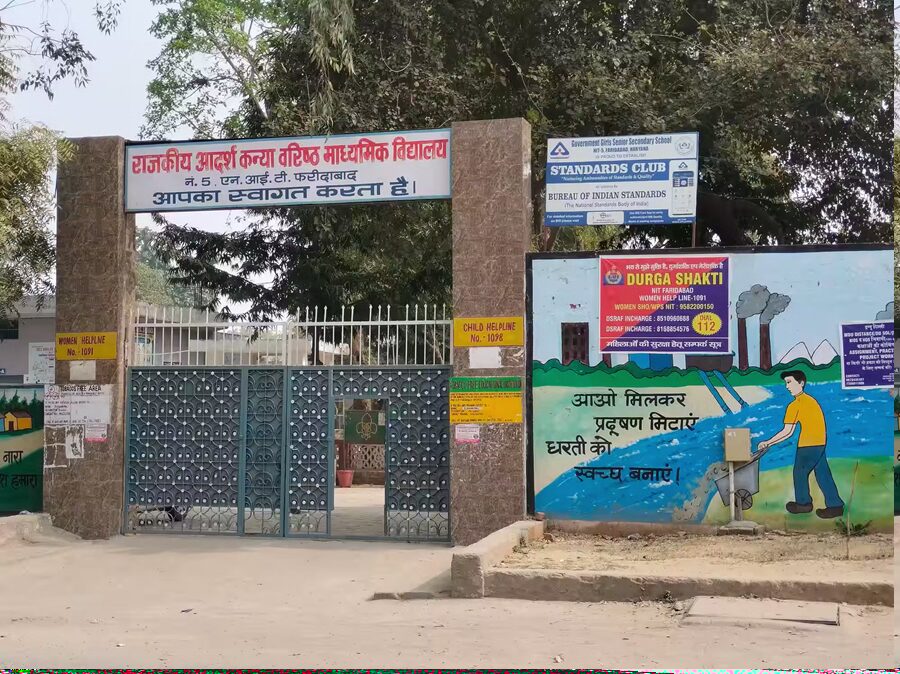“A child’s most important steps happen before they set foot in a primary school. By their fifth birthday, children’s brains are 90% developed and the foundations for success at school and in later life are in place,” says a joint UNICEF-OECD-UNESCO blog.
UNESCO defines early childhood as “the period from birth to eight years of age”. Alongside remarkable physical growth and “brain development at its peak,” the environment and people in a child’s surroundings influence her or him highly at this stage. Early Childhood Care and Education (ECCE), thus, aims at the holistic development of a child. It includes all forms of education, both formal and informal, that builds a strong foundation for the child’s lifelong learning and wellbeing.
On the surface, informal education refers to the primary source of input i.e. a child’s relationship and its nature and quality with his or her parents and/or primary caregiver. When people say parents are the first teachers of a child, it’s the truth and not just hearsay. The relationship between the two is critical and sensitive, especially between the ages 0 to 2. On the basis of the quality of the parent-child relationship, a child forms a sense of self, and attachment with the parent.
The second part of the equation of ECCE is the formal education. It differs from state to state, and programme to programme. Educational programmes are often designed according to age groups and are administered in several settings such as daycare, childcare, kindergarten, nursery school, or preschool.
Some people consider ECCE as a mere preparation before entering the primary school; however, it is much more than that.
ECE experts owe their gratitude to the renowned psychologist, Jean Piaget for his research and theory on learning through play; Early Childhood Education posits that learning is highly effective when combined with play. Play meets the physical, intellectual, language, emotional and social needs of children. You would ask how does that happen? According to research, it has been found that the curiosity and imagination of children are evoked naturally when they are unfettered. Tassoni suggests that "some play opportunities will develop specific individual areas of development, but many will develop several areas."
WHAT ARE THE KEY REQUIREMENTS FOR CREATING A PLAY-BASED LEARNING ATMOSPHERE?
A Safe Space for Children to Interact and Play in Correct Supervision.
A Culturally Aware and Trained Educator, who has certification in the Early Years Foundation.
However, before setting up this environment, it is imperative that we understand the purpose of Early Childhood Care and Education.
LEARNING & HOLISTIC DEVELOPMENT:
Foremost, it aims at instilling enthusiasm in the child towards learning; with the powerful tool of learning with play, ECE experts believe that different play and structured activities lay a strong foundation for learning and developing the imaginative power of an individual. It is at this stage that children’s thirst to acquire knowledge until satisfactory answers are obtained develops. Preschoolers realise the importance of education in their lives. Several studies have reported that children who attend an ECCE program tend to have their IQ scores increased by the age of five from 4-11 points; on the other hand, a Milwaukee study reported a 25-point gain in IQ scores. As mentioned above, one of the central purposes of Early Childhood Education is to promote holistic development. Preschools can be a place where a child’s weaknesses are recognised and worked upon while they are given the freedom to express and improve on their strengths. Further, it also leads to stimulating the brain of the child which is another purpose of ECCE.
Improve Social Skills:
ECCE aims at developing friendship among the preschoolers belonging to the common age group through play. One of the most important aspects of such schools is to provide the children with a safe environment that builds strong relationships while they interact with each other; it also encourages children to step out of their comfort zones leading to overcoming shyness for healthy social development. It is better for preschoolers to learn the art of sharing at an early age to avoid hostile behaviour. Children also learn to cooperate, respect the opinions of others, be better listeners and learn the art of communication while promoting teamwork. The active, hands-on experiences enable a child to inculcate life skills in his day-to-day life.
CLOSING EDUCATION ACHIEVEMENT GAP:
Providing appropriate education in the formative years helps in pre-emptively closing the education achievement gap between students coming from high and low-income families. Children of low socioeconomic status (SES) already lag behind their higher SES peers as they begin school later; high SES children have three times the number of words in their vocabularies as opposed to low SES children. However, it has been proven that participation in Early Childhood Education drastically improves performance on standardised test while dropping the rate of grade repetition. Thus, the quality of ECCE programs co-relate with improvement in lowincome preschoolers’ IQs and test scores while decreasing grade retention.
SCREENING & IMPROVING HEALTH AND WELLNESS:
Listed as one of the most important purposes, ECCE provides the opportunity to participate in an early childhood screening. How is this screening helpful? Screening is done for three to five-year-olds and it tests things such as physical and emotional health, cognitive development, speech, hearing, coordination, vision, as well as social skills. Screenings are beneficial in identifying any development of healthrelated issues that require attention. It, further, helps in preventing delays in learning and/or healthy development. From giving appropriate nonverbal and verbal cues to providing a nutritious diet, everything affects a child. Visual stimulus and response time as early as 3 months can be an indicator of verbal and performance IQ at age 4 years. Thus, a good diet activates memory while junk and processed foods can cause attention, focus and behavioral issues. ECCE programs encourage the nourishment of the brain through cross lateral movements and exercise. “A child’s physical development level impacts their ability to complete simple tasks such as sitting still, holding a pencil, putting on their shoes, and especially reading – all skills essential for school,” remarked early years’ specialist Dr Rebecca Duncombe, who led a study monitoring children of school age in UK, which found a higher number of kids experience problems with their balance and coordination ultimately affecting their ability to learn in class.
Support Parents, Family, and Community:
In an interview, Dr Swati Popat Vats, President, Early Childhood Association of India, said, “There are some unknown ways by which a parent might affect their child; for example, if you take the child to a movie theatre, and the first thing you do is give them popcorn, then ice-cream, etc. Now, one tub of popcorn has enough salt for a week’s consumption, and you have just overloaded the child with sugar. Most parents say that the child is hyperactive and cranky after going to malls and theatres, and that is obviously going to happen because of all the sugar and salt that was pumped into the child. These are the things parents are not aware of. Another thing is sleep. Many parents do not know that children require nine hours of sleep and if they don’t get those nine hours, their brain’s ability to remember and the immune system become weak. It is important that parents get educated about these simple things so they can stop unknowingly harming their child.” Thus, ECCE becomes a support for parents and families, and aims at building stronger, healthier and happier communities. Ultimately, the purpose of ECCE is to nurture caring, responsible and capable future citizens.
Early Childhood Association, India says… Our Goal is advocacy for stress free childhood years, after all this is the right of every chil. We want to touch the lives of all those who affect the lives and learning of children – be it teachers, parents, policy makers, entrepreneurs media.
UNESCO’s approach is reinforced in the Education 2030 agenda and in particular in target 4.2 of Sustainable Development Goal 4 which aims at ensuring that all girls and boys have access to quality early childhood development, care and pre-primary education, by 2030, so that they are ready for primary education.
"We must place quality pre-primary education at the heart of education plans and policies across countries," concludes the joint UNICEF-OECD-UNESCO blog.
In this way, Early Childhood Care and Education is one of the most valuable investments a nation can make to promote human resource development, reduce gender inequality and social cohesion, while reducing the costs for later remedial programmes. For disadvantaged children, such programmes play an important role in compensating for their hardships as well as in combating educational inequalities.
Thus, ECCE is education that is fundamental to an individual’s development; it has the ability to significantly affect the later years of an individual’s life as well as the nation. The sole purpose of ECCE is to help children live their best lives.
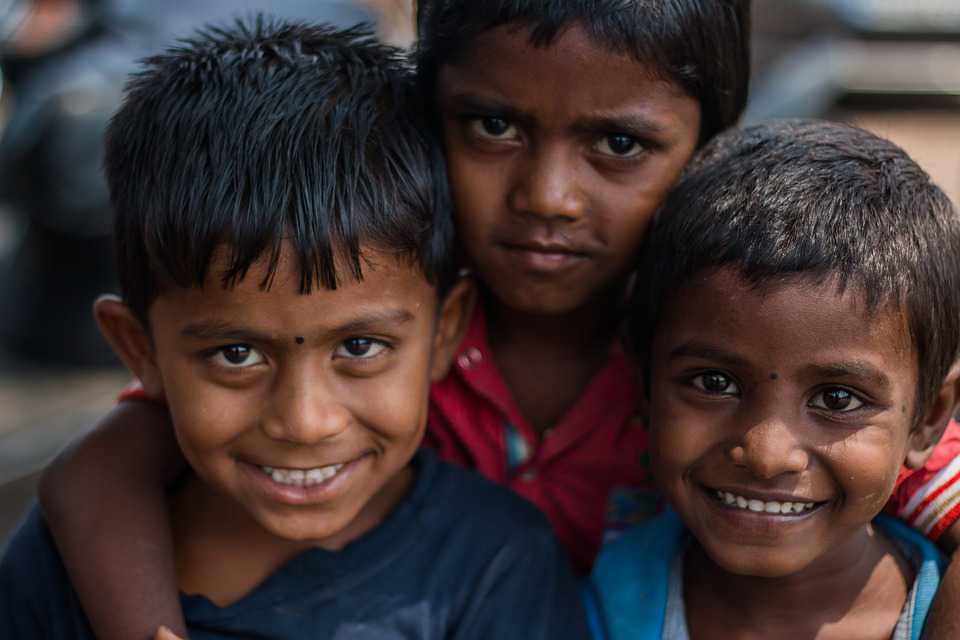
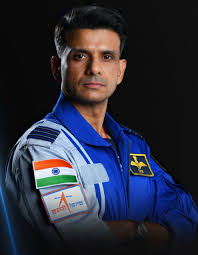

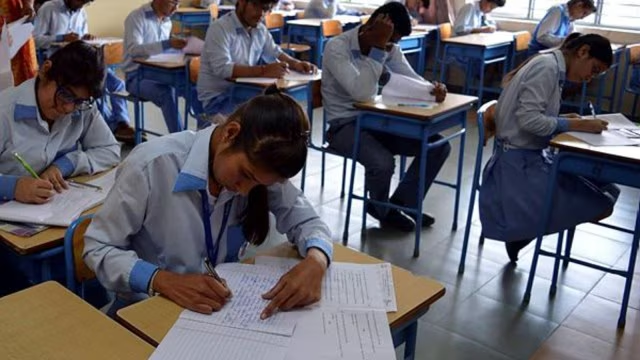
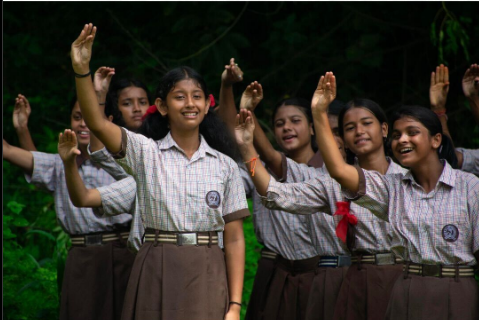
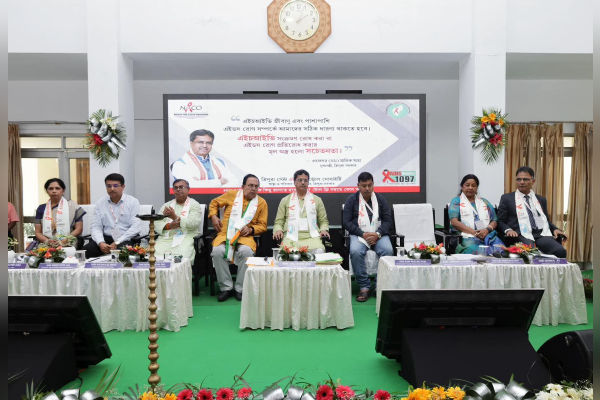
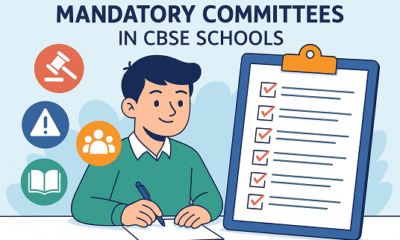
 Education3 months ago
Education3 months ago
 Education2 months ago
Education2 months ago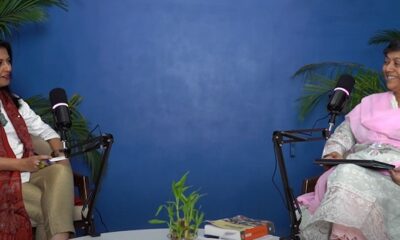
 Education3 months ago
Education3 months ago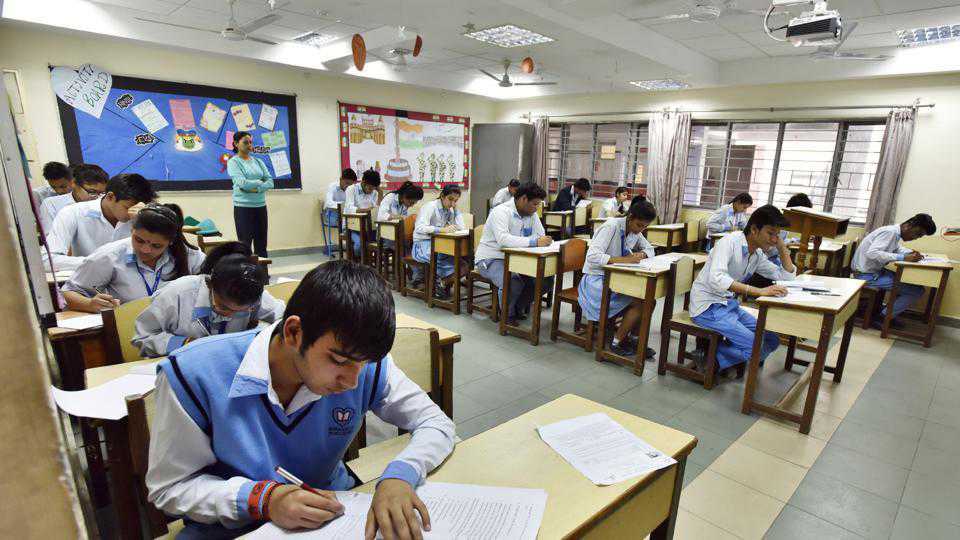
 News3 months ago
News3 months ago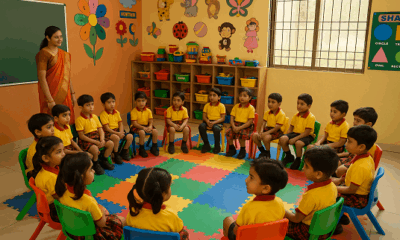
 Education2 months ago
Education2 months ago
 Education3 months ago
Education3 months ago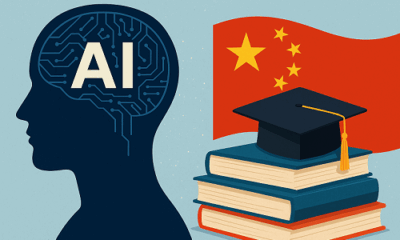
 Education3 months ago
Education3 months ago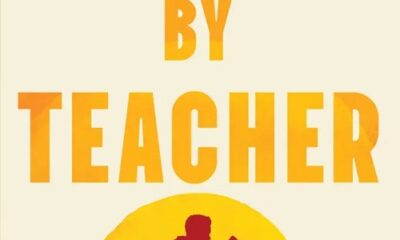
 Education2 months ago
Education2 months ago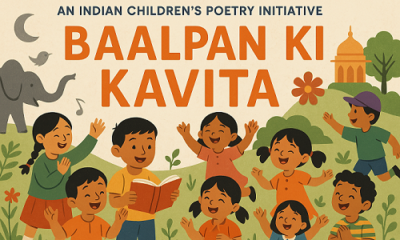
 Education3 months ago
Education3 months ago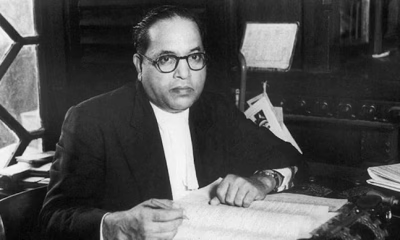
 Education3 months ago
Education3 months ago



